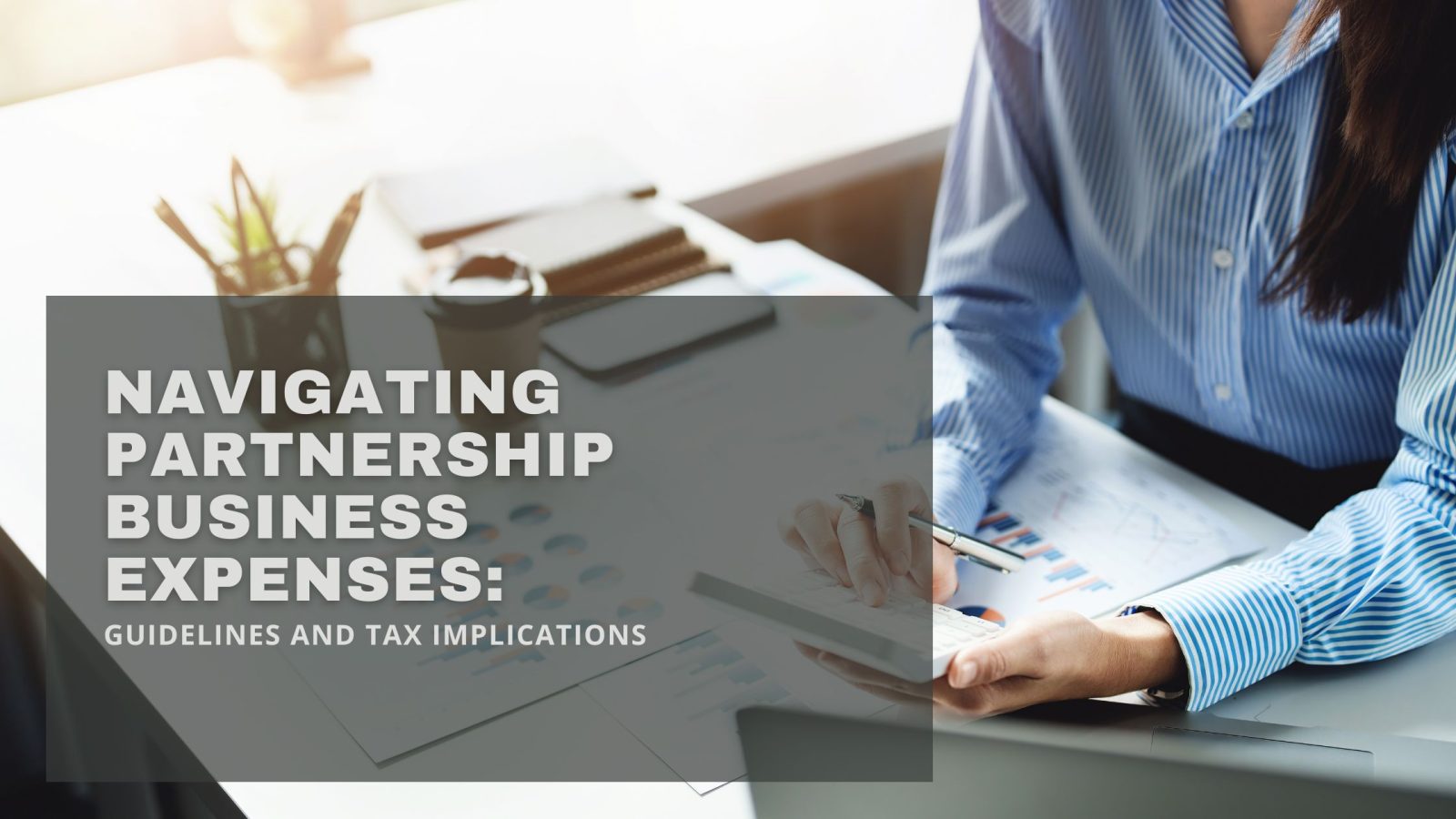It’s common for partners to cover expenses related to their partnership’s business operations, particularly in service-oriented partnerships like architecture or law firms. These expenses might include entertaining clients, transportation for meetings, professional publications, continuing education, or home office costs. But how are these expenses treated for tax purposes? Let’s break it down.
Reimbursable Expenses: Partners can deduct expenses on Schedule E of Form 1040 if they’re the type expected to be covered by the partner without reimbursement, as per the partnership agreement or firm policy. Conversely, if the partnership would have reimbursed the expense, it’s not deductible.
For instance, if you’re a partner in an architecture firm and spend $4,500 on client meals, which the firm doesn’t reimburse according to the partnership agreement, you can deduct $2,250 (50% of $4,500) on Schedule E.
However, if the firm would have reimbursed you for these expenses, they’re not deductible. To avoid confusion, it’s advisable to have a written firm policy outlining reimbursable expenses.
Home Office Deductions: Partners can also deduct expenses related to a home office used exclusively for partnership business, subject to normal deduction limits. These deductions are reported on Schedule E. If the home office qualifies as a principal place of business, commuting mileage to client sites or the partnership’s official office counts as business mileage.
To qualify as a principal place of business, the partner must conduct most income-earning activities there or use it for administrative and management tasks without substantial use of another fixed location.
In Summary: Partners should submit reimbursable business expenses according to the partnership agreement or policy. Expenses not reimbursed can be deducted, provided they meet IRS criteria. It’s essential for partnerships to establish clear written policies on reimbursable expenses, including home office costs if applicable. This guidance applies to LLC members treated as partners for tax purposes.
If your business needs help navigating partner expenses, please don’t hesitate to reach out to us at Accavallo & Company for expert guidance.



